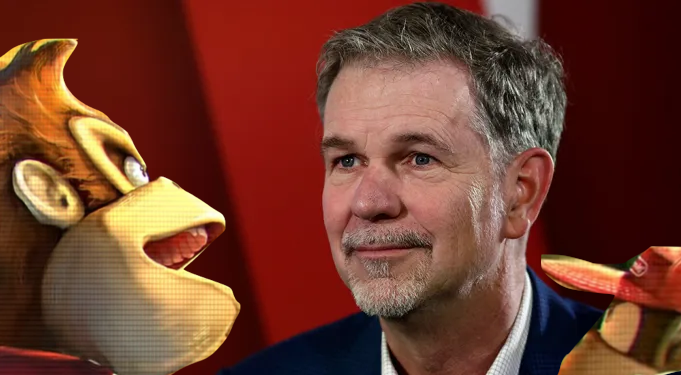Past core loop, three Cs, and KPI breakdowns lie currency animation breakdowns. It’s an animation that may well play hundreds of thousands of times during a player’s lifecycle; benefits compound. And yes, I really think the animation is just satisfying.
Economy design maintains a UX component. It’s vital for the designer to draw the cause <> effect loop between action and reward for the player. Currency animations, played when players claim or complete a task for a reward, stitch the acts into an experience. Wallet amounts don’t magically increase; the currency flows from the claim button to the wallet’s UI location.





